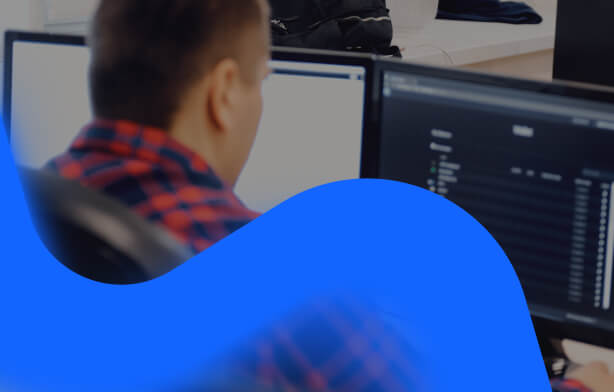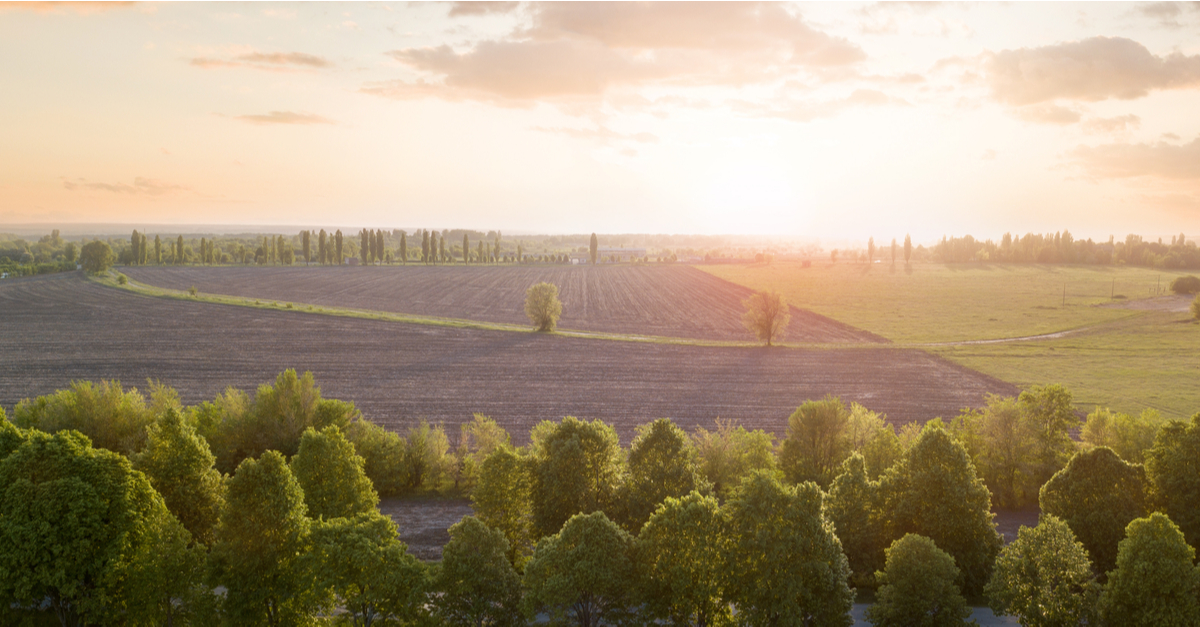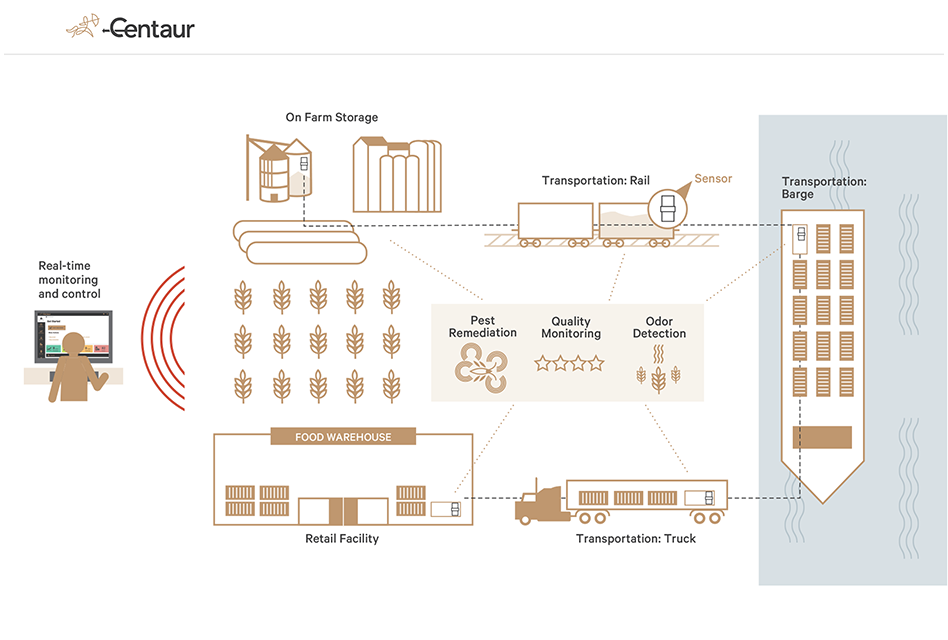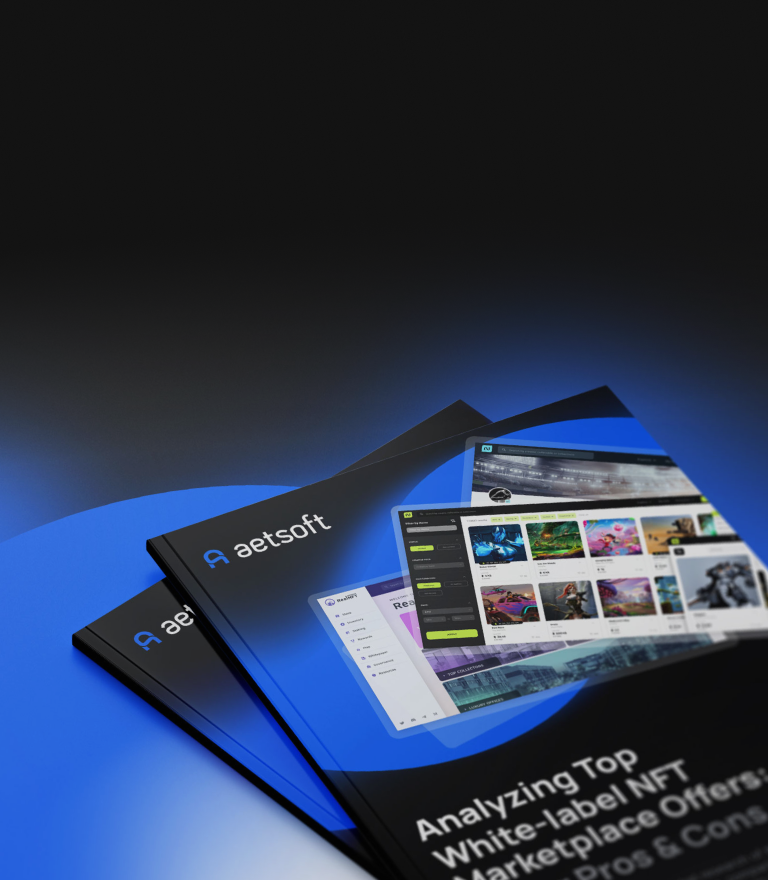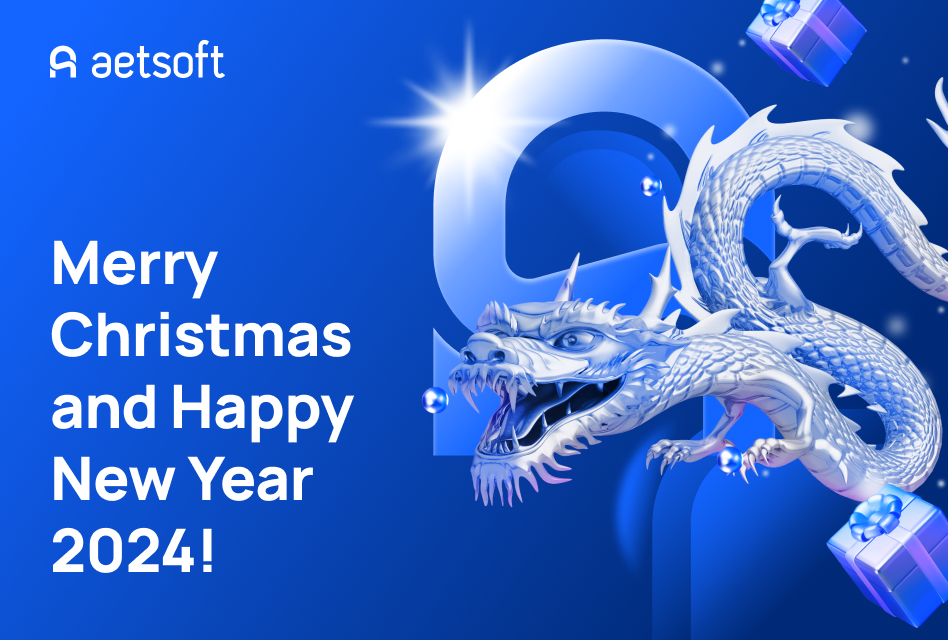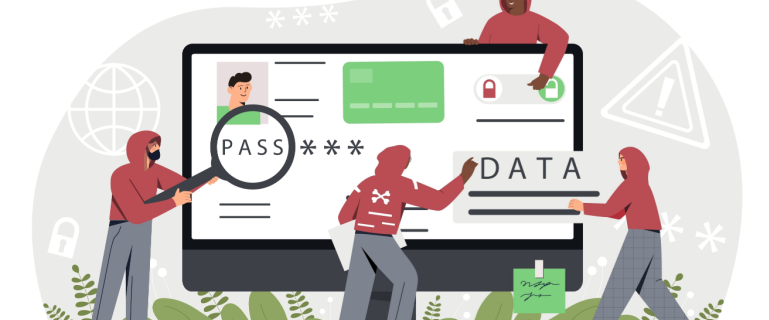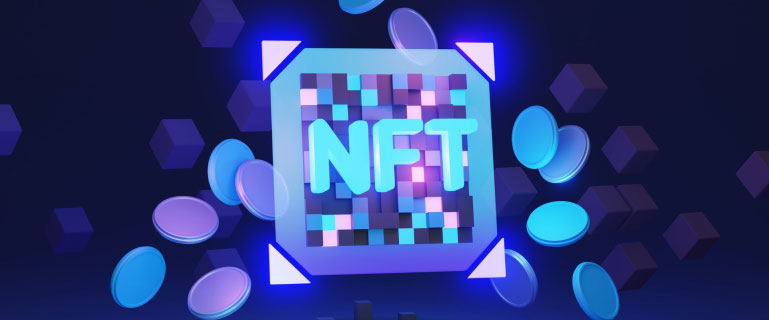About $940 billion worth of food is wasted annually worldwide due to poor coordination between farmers, supply chains, and buyers. In most cases, farmers from developing countries cannot reach out to the global market to trade their products and eventually dispose of them. On the other hand, supply chains often lack information about stock items and their expiration, which complicates their timely replenishment and, consequently, distribution among stores.
Companies actively look into blockchain-based solutions for trading, tracking, and other purposes to overcome bottlenecks in agricultural supply chains and re-engineer existing processes. So, who are they? Let’s see the examples.
Hello Tractor for Remote Hire
Hello Tractor is a blockchain-based farming application by IBM and a Nigeran AgriTech startup. Piloting in Kenya, the app connects tractor owners with farmers, who wish to hire tractor services, through IoT tools.
The app allows farmers to get their field job done in a single click while tractor owners can profit from their tractors when they are hired. The blockchain used in the solution allows parties to securely process transactions and get reliable information about transport whereabouts, with no risk of information loss.
Food Trust for Supply Chain
IBM Food Trust makes food supply chains more transparent, fast, and secure. It ensures more effective processes and brings fresh products to shop shelves, using a permissioned shared record of food system data encrypted in a blockchain.
Food Trust is a network that connects food supply chain participants in a single platform. Thanks to blockchain, food is delivered at minimum waste, resulting in better food quality in stores and the owner’s reputation. Nestlé, Carrefour, Celmac Salmon, and Labeyrie are among the first users of Food Trust. Also, the solution was awarded the 2019 Spark Galleries Platinum Award for Digital Design.
AgriLedger for Price Transparency
Originated in the UK, AgriLedger is a social blockchain-based platform for farmers and product buyers to help them reach markets, track food origins, and control pricing.
Transaction information, shipping data, and insightful food details can be easily traced in the mobile application. Using the app, farmers monitor market pricing and get transparent, accurate information about intermediaries’ charges in Kenya. The obtained visibility allows farmers to build trust with supply chains and better plan their finances.
TE-FOOD for Real-time Food Tracking
TE-FOOD is a farm-to-table food tracking application. With over six thousand business customers globally, the solution provides information about livestock, transport stage, and fresh food packaging all the way through the supply chain.
Among TE-FOOD’s main features are object identification and product serialization. Data is immutably recorded on the blockchain and can be accessed by consumers for tracing food origins. All important actions are verified by several supply chain participants, which makes data falsification impossible.
AgriDigital for Grains
Powered by blockchain, the Australian app AgriDigital is an integrated commodity management solution for the grains industry. AgriDigital processes complex agricultural transactions, serving as a unique marketing solution for farmers, buyers, and financiers.
A single platform for all related participants allows users to conclude and sign agreements, arrange shipping, and make payments securely in real-time. It currently has over five thousand users and processes thousands of transactions daily. Wallet, order, and inventory information are seamlessly encrypted on the blockchain, which prevents data from leaking or compromising.
AgriDigital is integrated with the Australian National Grower Register, making it simpler for Australian operators to jump in faster.
AgUnity for the Last Mile
AgUnity is the ecosystem that provides people with the tools necessary for effective, non-disruptive trade. As a global platform, AgUnity works within the United Nations Sustainable Development Goals program, addressing those with the limited opportunities who live in far regions.
AgUnity provides consumers with access to core needs at an affordable cost, with no risk of fraud or failure, which is ensured by blockchain use.
As an easy-to-go marketplace, AgUnity significantly reduces people’s expenses in remote areas and enables the impoverished farmers to get involved in real trade. The app helps entrepreneurs find buyers for their products, lend and hire equipment, process transactions, and keep track of their business.
Demeter for Field Rent
Demeter offers its users options for farm and field rent through a blockchain-based platform, escaping the necessity of intermediaries and extra payments to third parties.
The decentralized app serves a global audience at no risk of fraud due to the technology’s immutability. The platform automates administrative tasks, helping to save funds on field research and verification. Following blockchain regulations, the fields and customers pass through the automated authorization and verification system, which grants all platform users equal trust and transparency of processes.
The Demeter community defines all the necessary and applicable regulations and certificates unifying the quality system. The platform also possesses an own token called DME, which adds to the transaction security and encourages Demeter’s users to boost their agricultural production.
Bringing Agricultural Procedures to Blockchain: Aetsoft’s Experience
We collaborated with Centaur to bring the power of blockchain and IoT to farmers who have been long struggling with opacity in the supply chain. For our part, we brought profound blockchain expertise, while Centar already had experience developing IoT solutions for agriculture. In the result, we delivered Internet-of-crops, a blockchain-based IoT platform.
Source: Centaur Analytics
IoT sensors connected to the system ensure transparency through crops transportation, while blockchain serves a tamper-proof database of records collected from the sensors. Thanks to blockchain, you can run audits back to the very origins of every kernel in the supply chain.
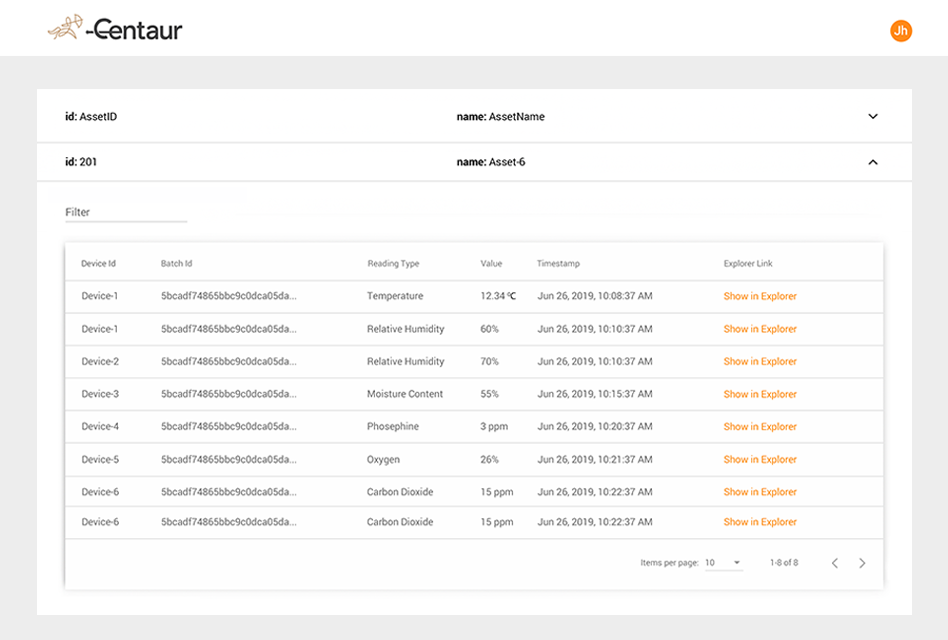
Afterword
Blockchain is currently widely used in agriculture, simplifying, automating, and securing administrative and production processes. The benefits of blockchain are immense, promising to facilitate even more procedures in the long run.
